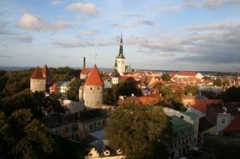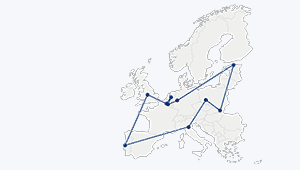
Creative SpIN will set tools and methods to trigger creativity and innovation in businesses and other kinds of public and private organisations by encouraging artists, creative professionals (in advertising, design, architecture), cultural institutions and industries to engage with other sectors to share their competencies and skills.
Significance of the Project
"Creative spillovers" has in most recent times, come to the forefront of the government's agenda. Policy makers and theorists alike are of the opinion that Culture and Creative Industries (CCIs) can assist in the delivery of innovative processes by "...generating spillovers that benefit the wider economies of the places where they are located" (NESTA 2010).
The project will therefore aim to inspire a sustainable and integrated approach to 21st century partnership working, by building capacity and empowering cities to unlock a largely untapped resource, promoting inclusiveness to deliver sustainable growth and regeneration.
Latest articles
Timeline
Integrated Action Plans
-
 Birmingham
Birmingham -
 Óbidos
Óbidos -
 Bologna
Bologna -
 Košice
Košice -
 Tallinn
Tallinn -
Essen
-
Mons
-
 Rotterdam
Rotterdam -
Kortrijk

